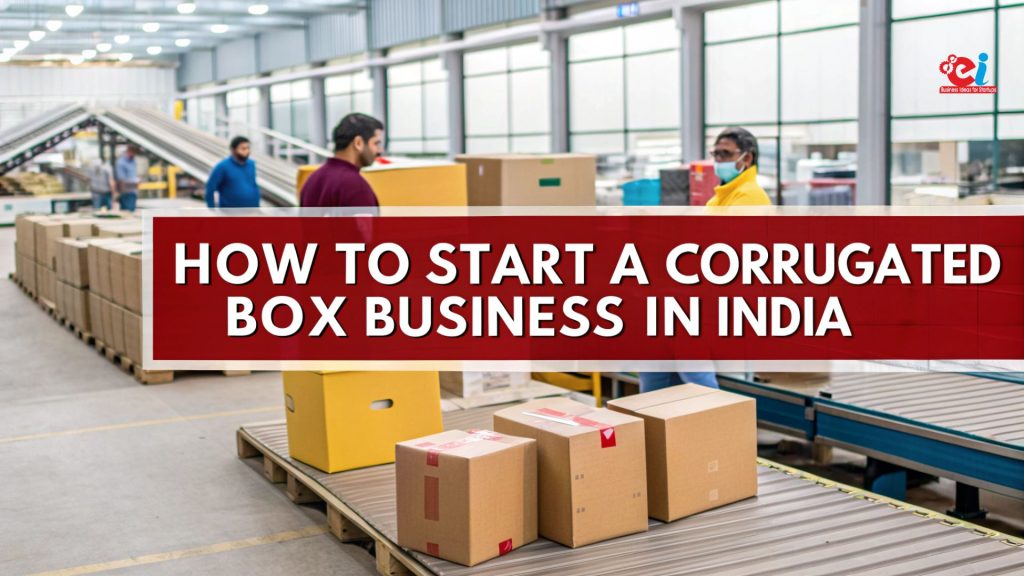India’s diverse landscapes, rich culture, and historical significance make it a global tourism hotspot. With millions of domestic and international travelers flocking to its cities, beaches, and hill stations every year, the hospitality industry, particularly the hotel business in India, has seen remarkable growth. This upward trajectory offers numerous opportunities for aspiring entrepreneurs and investors to launch tourism-based ventures that cater to the evolving needs of travelers.
Why the Hotel Business in India is a Profitable Venture
The hotel business in India is not only driven by the tourism sector but also supported by the booming economy, rising disposable incomes, increasing urbanization, and improved infrastructure. Government initiatives such as ‘Incredible India’, ‘Dekho Apna Desh’, and investment-friendly policies have boosted tourism-related ventures. Moreover, the rise of digital platforms and travel aggregators has made it easier for customers to access hotel services, thus increasing the demand for quality accommodations.
Types of Hotel Business Models in India
Aspiring hotel entrepreneurs can choose from a variety of business models, depending on budget, location, and target audience:
-
Budget Hotels: These are highly sought after by middle-class domestic travelers. Budget hotels offer essential services at affordable rates, making them ideal for tier-2 and tier-3 cities where travelers look for economical options.
-
Luxury Hotels: Found in metropolitan cities and popular tourist destinations, luxury hotels provide high-end services, premium dining, wellness spas, and more. They cater to elite domestic and international travelers.
-
Boutique Hotels: These hotels emphasize unique themes, personalized service, and localized experiences. They are gaining popularity among millennials and Gen Z travelers seeking something beyond traditional stays.
-
Resorts: Located near beaches, mountains, and heritage sites, resorts offer an all-in-one travel experience. They are perfect for family vacations, destination weddings, and corporate retreats.
-
Homestays & BnBs: Encouraged by platforms like Airbnb and government-backed schemes, homestays offer authentic local experiences. They require less capital and are great for first-time entrepreneurs.
Key Considerations for Starting a Hotel Business in India
-
Location Analysis: Choosing the right location is critical. Proximity to tourist attractions, transportation hubs, and commercial centers boosts occupancy rates.
-
Business Plan & Market Research: A clear business plan detailing target market, competition, pricing strategy, and unique selling points is vital. Understanding market trends and consumer behavior ensures long-term success.
-
Legal Compliance: Obtaining licenses such as FSSAI (for food), GST registration, Fire Safety Certificate, Pollution Clearance, and local municipal licenses is mandatory.
-
Investment & Funding: Depending on the scale, initial capital can range from a few lakhs (for homestays) to several crores (for luxury hotels). Funding can be sourced via banks, NBFCs, or startup investors.
-
Design & Infrastructure: The aesthetics, amenities, and layout of a hotel directly affect customer experience. Engaging a professional architect and interior designer can enhance appeal and functionality.
-
Staffing & Training: Hiring trained professionals in housekeeping, front office, kitchen, and guest services is essential. Regular training enhances customer satisfaction and service quality.
Emerging Trends in the Indian Hotel Industry
The hotel business in India is undergoing a transformation, with new trends shaping customer expectations and business operations:
-
Sustainable Hospitality: Eco-friendly practices such as solar energy, rainwater harvesting, and plastic-free operations are becoming the norm.
-
Tech Integration: Use of AI-based booking systems, smart rooms, contactless check-ins, and digital concierge services are redefining guest experience.
-
Wellness Tourism: Hotels are incorporating yoga retreats, Ayurvedic treatments, and meditation programs to attract health-conscious travelers.
-
Experiential Stays: Personalized travel experiences, cultural immersion, and activity-based stays (like trekking, cooking classes, etc.) are gaining traction.
Government Support for Hotel Startups
The Indian government has recognized tourism as a key driver of economic growth and has launched several schemes to support hotel startups:
-
Startup India: Provides tax benefits, funding support, and mentorship to eligible hospitality ventures.
-
Ministry of Tourism Schemes: Offers subsidies and soft loans under the Market Development Assistance Scheme and Swadesh Darshan Scheme.
-
State-Level Incentives: Many states offer land at concessional rates, reduced electricity tariffs, and single-window clearances to hotel projects.
Marketing Strategies for Hotel Startups
Even the best-designed hotel needs robust marketing to thrive in a competitive market. Here are essential marketing tips:
-
Digital Presence: A professional website with online booking capabilities, virtual tours, and customer reviews builds trust and credibility.
-
Listing on OTAs: Partnering with Online Travel Agencies (OTAs) like MakeMyTrip, Goibibo, Booking.com, and Agoda increases visibility and drives bookings.
-
Social Media & Influencer Marketing: Platforms like Instagram, Facebook, and YouTube are ideal for sharing visual content and collaborating with travel influencers.
-
SEO & Local Listings: Optimizing Google My Business and using local keywords like “budget hotel in Shimla” improves discoverability.
-
Loyalty Programs: Offering return discounts, free upgrades, or complimentary meals helps build customer loyalty.
Challenges Faced by Hotel Entrepreneurs
Despite its potential, the hotel business in India comes with its set of challenges:
-
High Operational Costs: Salaries, maintenance, utilities, and technology expenses can eat into profits.
-
Seasonal Demand: Many tourist destinations experience fluctuations in occupancy depending on seasonality.
-
Competition: Both organized and unorganized players offer stiff competition, especially in urban areas.
-
Customer Expectations: Modern travelers expect personalized and tech-driven services, which require constant upgrades.
Addressing these challenges with proactive planning, efficient operations, and quality service is key to long-term growth.
Successful Case Studies in Indian Hotel Business
-
OYO Rooms: Started as a budget hotel aggregator, OYO revolutionized the hospitality sector with a tech-driven model and now operates thousands of rooms across India and globally.
-
Treebo Hotels: Focused on providing consistent, clean, and affordable accommodation, Treebo built a trusted brand with strong tech and customer service support.
-
SaffronStays: A premium homestay network that connects travelers to curated luxury villas across India, promoting local culture and experiences.
These brands demonstrate that innovation, scalability, and customer-centricity can turn even a modest hospitality venture into a thriving business.
Future Outlook of the Hotel Business in India
The future looks promising for the hotel business in India. With the increasing number of international arrivals (expected to reach 30 million by 2030) and domestic travel reaching new heights, there’s ample room for entrepreneurs to explore niche segments like:
-
Pet-friendly hotels
-
older person-focused stays
-
LGBTQ+ inclusive accommodations
-
Workation and co-living spaces
-
Spiritual tourism lodges
By combining traditional hospitality with modern innovation, entrepreneurs can tap into India’s ever-expanding tourism economy.
Conclusion
Starting a hotel business in India is a rewarding yet challenging endeavor. With the right location, proper planning, technology adoption, and customer focus, entrepreneurs can create thriving hospitality brands. As India continues to welcome more travelers, the demand for quality, affordable, and memorable stays will only grow. Whether it’s a beachside resort in Goa or a boutique hotel in Jaipur, the opportunity to make a mark in the Indian hotel industry has never been greater.





